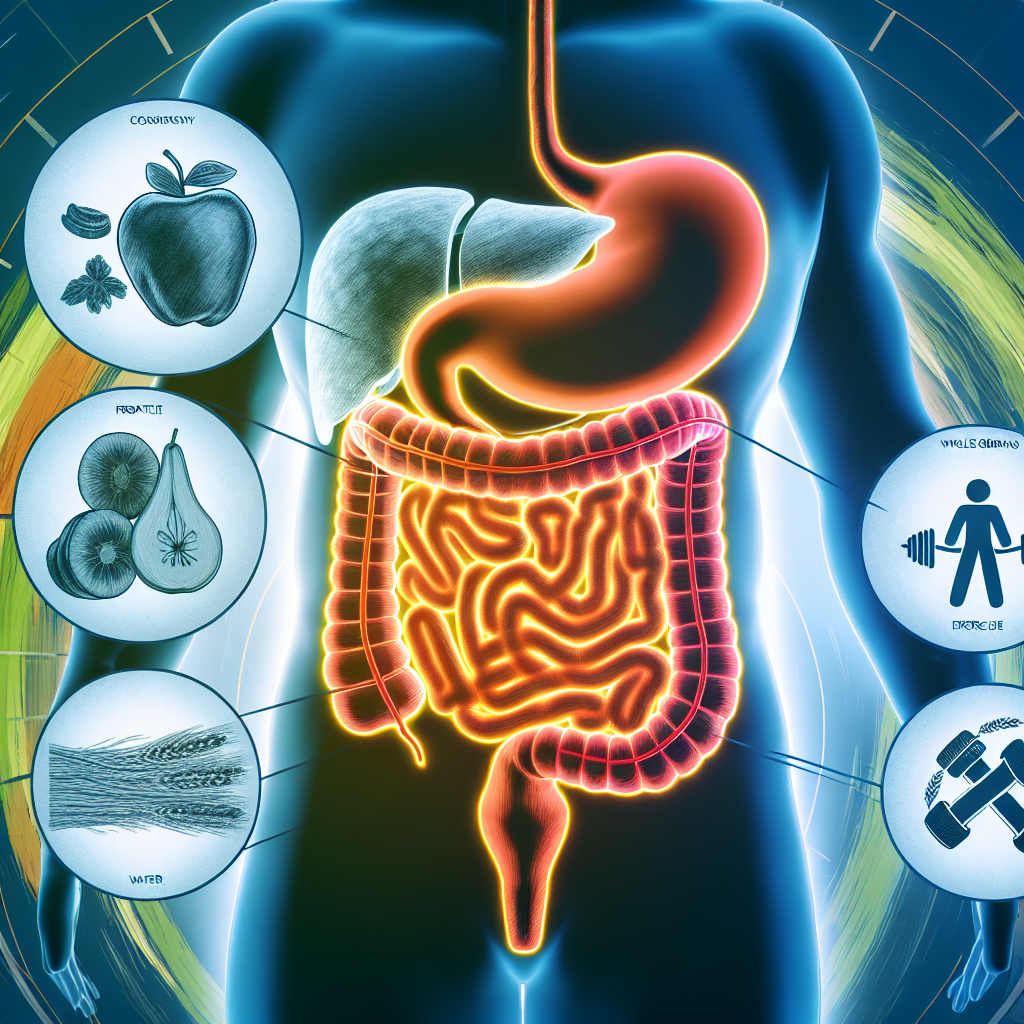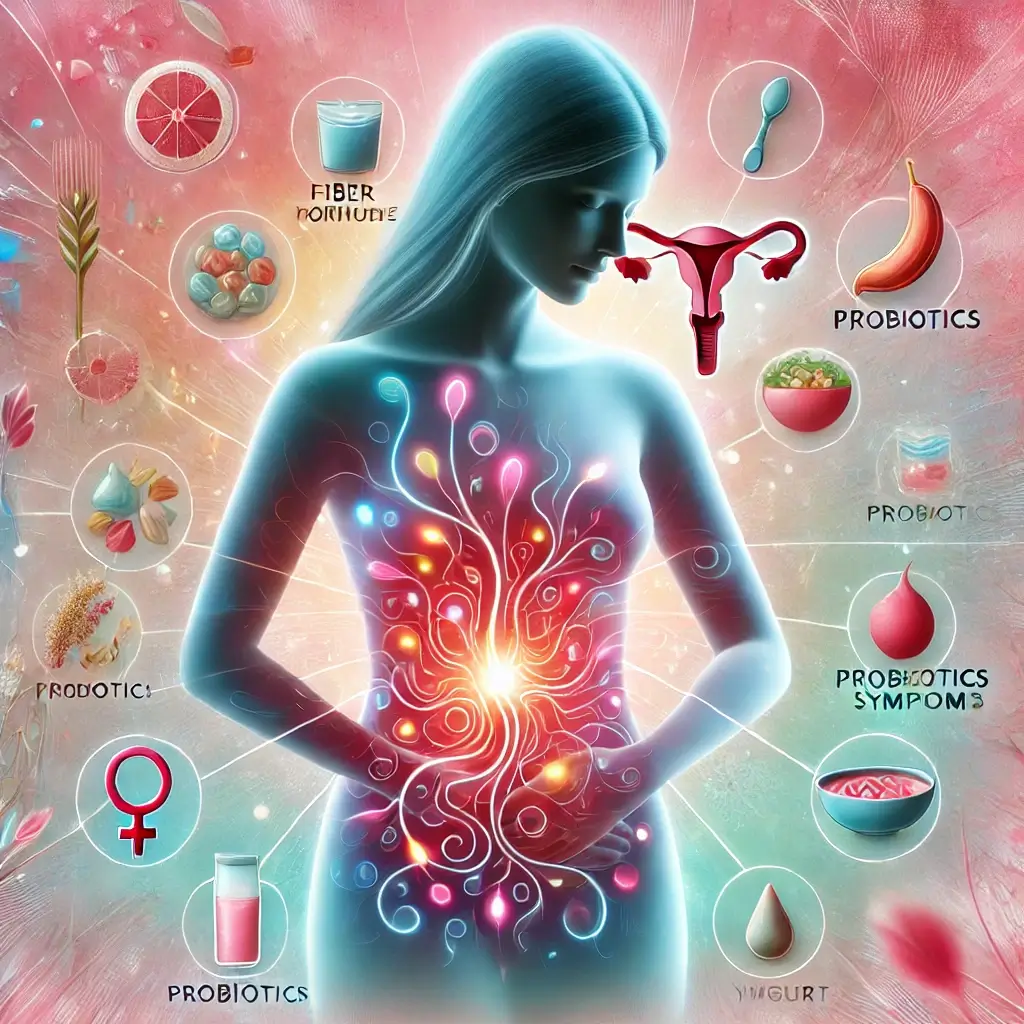Root Causes of Chronic Constipation Beyond Fiber Deficiency
Chronic constipation affects millions of individuals despite fiber-rich diets. Understanding the true root causes can unlock lasting relief and improve digestive wellbeing.
Understanding the Scope of Chronic Constipation
Chronic constipation is one of the most common digestive complaints worldwide, affecting approximately 14% of the global population at any given moment. While conventional wisdom often points to a lack of dietary fiber as the primary culprit, the reality is far more complex.
Many individuals who live a fiber-rich lifestyle—consuming fruits, vegetables, whole grains, and legumes—still continue to struggle with chronic constipation. This inconsistency signals that there are deeper, often overlooked root causes contributing to this gastrointestinal dysfunction.
Constipation is typically characterized by infrequent bowel movements (fewer than three per week), difficulty during defecation, hard or lumpy stools, and a feeling of incomplete evacuation. While insufficient fiber certainly plays a role, it is not the sole factor governing bowel function. Chronic constipation can stem from a range of physiological and psychological imbalances, including:
– Gut motility disorders
– Altered gut-brain axis signaling
– Hormonal shifts
– Chronic dehydration
– Dysbiosis (imbalanced gut microbiome)
Hidden Triggers: The Role of Stress, Hormones, and Lifestyle in Bowel Health
Advancements in functional medicine and nutritional science have driven a deeper inquiry into these multifaceted contributors. Chronic stress, for example, significantly alters gut motility and can reduce peristalsis—the wave-like muscle contractions essential for bowel movement.
Hormonal fluctuations also play a pivotal role. In hypothyroidism, for instance, reduced thyroid hormone levels slow everything down—including gut motility. Changes in estrogen and progesterone, particularly during menstruation or menopause, are also frequently linked with constipation in women.
Medications such as opioids, iron supplements, calcium-channel blockers, and antacids containing calcium or aluminum can further interfere with normal bowel function.
Modern lifestyles compound the issue through insufficient hydration, prolonged sitting, and disrupted circadian rhythms—all of which contribute to diminished gut function and stool irregularity.
Behind the Science: Research on Non-Fiber Causes of Constipation
While high-fiber diets often provide relief, mounting research confirms that many chronic constipation cases are independent of dietary fiber intake.
✅ Colonic Inertia and Slow Transit Constipation
A landmark paper published in the American Journal of Gastroenterology identified colonic inertia and outlet dysfunction as major contributors to constipation, even in patients who consume adequate fiber. This subset, known as slow transit constipation (STC), entails reduced colonic motility, often linked to dysregulation of the enteric nervous system—our so-called “second brain.”
A study in the Journal of Neurogastroenterology and Motility highlighted how radio-opaque markers were used to confirm prolonged colonic transit times in patients with STC, despite normal dietary patterns.
✅ Thyroid Disorders and Hormonal Dysregulation
Hormones directly affect gut performance. The Journal of Gastrointestinal and Liver Diseases reports that up to 20% of patients with hypothyroidism experience chronic constipation as a primary symptom. In these cases, restoring thyroid hormone levels often brings substantial digestive relief.
✅ Pelvic Floor Dysfunction and Dyssynergic Defecation
Pelvic floor dysfunction (PFD), particularly dyssynergic defecation, accounts for a surprisingly large percentage of chronic constipation cases. Here, the muscles of the pelvic floor fail to coordinate properly during defecation, creating resistance rather than passage. The Journal of Clinical Gastroenterology estimates this affects over 30% of chronic constipation sufferers. Diagnosis is confirmed via anorectal manometry and best managed through physical therapy and biofeedback.
✅ Circadian Rhythm Disruption Impairs Natural Bowel Cycles
Sleep disturbances, jet lag, and overnight shift work disrupt the body’s internal clock, which significantly impacts gut motility. Nature Reviews Gastroenterology & Hepatology explains that peristalsis—like sleep—is governed by circadian signals. Irregular sleep patterns lead to irregular or delayed bowel movements.
✅ Gut Microbiota: The Missing Piece in the Constipation Puzzle
An imbalance in gut bacteria can slow digestion. According to Gut Microbes, reductions in beneficial bacteria such as Bifidobacterium and Lactobacillus have been strongly correlated with constipation. Clinically, probiotics and prebiotics have shown promise in improving symptoms and restoring motility balance.
A Holistic Healing Approach: Moving Beyond Fiber Alone
Chronic constipation is a multifactorial condition that extends well beyond fiber deficiency. Individuals who have exhausted traditional dietary solutions without relief must consider alternate physiological and lifestyle factors that may be at play.
From hormonal imbalances and nervous system dysfunction to disrupted circadian cycles and microbial depletion, the root causes of unresolved constipation are varied—but addressable.
Taking a comprehensive approach that includes targeted therapies such as:
– Mind-gut connection practices (e.g., mindfulness, yoga)
– Hormone testing and thyroid management
– Adequate hydration and regular movement
– Structured sleep patterns
– Selective probiotic supplementation and dietary diversity
…can yield substantial improvements in bowel health.
Conclusion: Treat the Root, Not Just the Symptom
Recognizing and treating the underlying causes of chronic constipation—not just symptomatically increasing fiber—offers the best chance at durable, long-term relief. By addressing stress, hormones, biomechanics, microbes, and lifestyle behaviors together, it is possible to restore the body’s natural rhythm and reclaim optimal digestive health.
**Summary:**
Chronic constipation is a complex condition that extends beyond just fiber deficiency. Emerging research shows that factors like gut motility disorders, hormonal imbalances, pelvic floor dysfunction, circadian rhythm disruption, and gut microbiome imbalances can all contribute to persistent constipation. Taking a comprehensive, holistic approach that addresses these underlying causes can provide lasting relief and improve overall digestive wellbeing.
**References:**
1. [American Journal of Gastroenterology. “Chronic Constipation: An Evidence-Based Approach to Evaluation and Management.”](https://journals.lww.com/ajg/fulltext/2011/01000/chronic_constipation__an_evidence_based_approach.17.aspx)
2. [Journal of Neurogastroenterology and Motility. “Mechanisms of Slow Transit Constipation and Related Disorders.”](https://www.jnmjournal.org/journal/view.html?doi=10.5056/jnm20149)
3. [Journal of Gastrointestinal and Liver Diseases. “Gastrointestinal Manifestations of Hypothyroidism.”](https://www.jgld.ro/jgld/index.php/jgld/article/view/2015163)
4. [Journal of Clinical Gastroenterology. “Pelvic Floor Disorders and Chronic Constipation: The Role of Dyssynergic Defecation.”](https://journals.lww.com/jcge/Abstract/2014/07000/Dyssynergic_Defecation__Management_Options.8.aspx)
5. [Nature Reviews Gastroenterology & Hepatology. “Circadian Rhythms and the Gut-brain Axis.”](https://www.nature.com/articles/s41575-020-0324-z)
6. [Gut Microbes. “Role of the Gut Microbiota in Constipation: Insights from Clinical and Experimental Evidence.”](https://www.tandfonline.com/doi/full/10.1080/19490976.2020.1714326)

Dominic E. is a passionate filmmaker navigating the exciting intersection of art and science. By day, he delves into the complexities of the human body as a full-time medical writer, meticulously translating intricate medical concepts into accessible and engaging narratives. By night, he explores the boundless realm of cinematic storytelling, crafting narratives that evoke emotion and challenge perspectives.
Film Student and Full-time Medical Writer for ContentVendor.com




